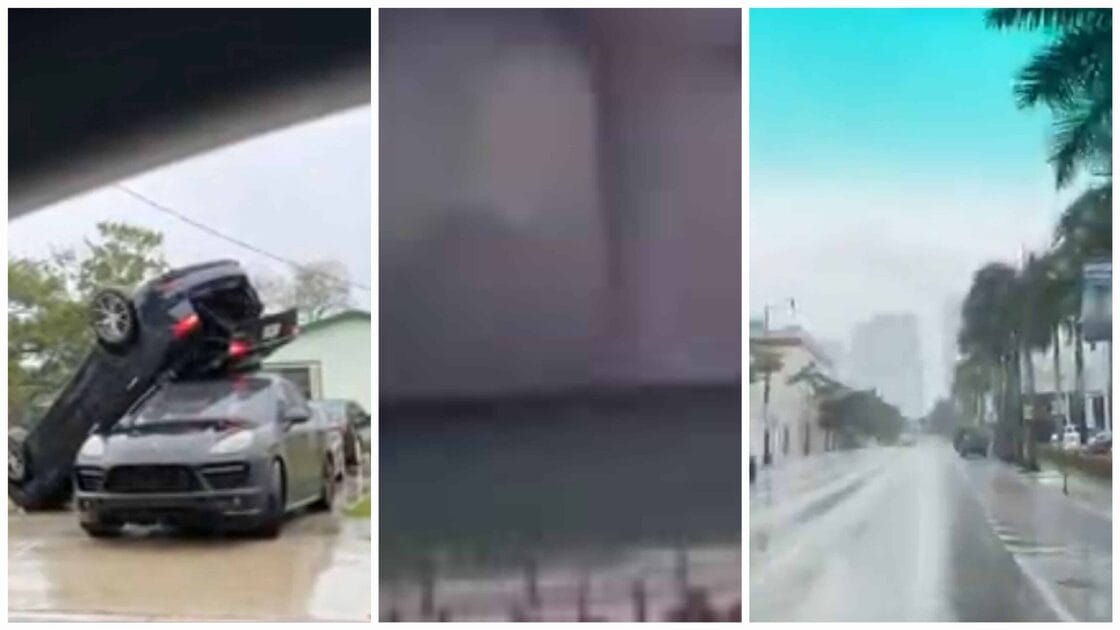Diplomatic tensions between Ecuador and Russia could have commercial consequences in the Andean country
QUITO (AP) — Diplomatic tensions between Ecuador and Russia may begin to have commercial ramifications after President Daniel Noboa’s new government’s decision to deliver Russian weapons it considers obsolete to the United States.
In early January and amid an internal armed conflict, Ecuadorian President Daniel Noboa said there were plans to exchange “Ukrainian and Russian scrap metal for $200 million” as part of security cooperation with the United States. Modern equipment.”
“We have verified that it is scrap and, in international agreements, war material cannot be transported in this case, but this type of scrap can be transported,” Noboa insisted in a recent interview with a television channel. The interview stressed that “we are not going to break ties with Russia.
But when asked for information about the decision, Russian Foreign Ministry spokeswoman Maria Zazarova called it “thoughtless,” according to a message broadcast Saturday night by the Russian Embassy in Ecuador, official via Account X.
“Our partners are fully aware of the provisions stipulated in the agreement, including the commitment to use the goods they receive for public purposes and not to transfer them to third parties without obtaining the corresponding permission from the Russian side,” Zakharova said.
The statement came just hours before the Federal Veterinary and Phytosanitary Control Service of the Russian Federation announced an alleged sanction against five Ecuadorian banana exporters for allegedly not complying with phytosanitary standards when the pest was found in the fruit.
For Carlos Estarellas, Ecuador’s former undersecretary of international relations, two episodes can be related.
In statements to The Associated Press, he said the tension could be understood by “the displeasure of the Russian government which has taken a step that is known in international law as a coercive measure in relation to Ecuadorian bananas.”
However, the expert believes that Ecuador is “sovereign on whether or not to deliver these weapons,” because, in general, arms acquisition agreements “usually do not have this restriction.”
“The aspiration is to resolve the impasse diplomatically,” Estarellas commented, and that will depend on the “capacity” of Ecuadorian officials, he said.
Richard Salazar, executive director of the Banana Marketing and Export Association, confirmed in a telephone conversation with the AP on Sunday that “he has no formal knowledge” of the approval. However, given the “news on the website of this phytosanitary entity”, an urgent meeting with the Russian control entity has been requested, he said.
According to a statement from the Russian control authority, the measures to suspend certificates for five Ecuadorian exporters will take effect on February 5.
Salazar stressed that “exports to Russia are ongoing and not stopped,” aside from the problem of these five companies, more than 20 that export products to that country and which will be addressed “technically” through official channels, he said.
“We export all over the world and the phytosanitary protocol is very demanding (…) We were surprised by the strict nature of the approval,” said Salazar, although he acknowledged that pests have been detected in the fruit, in response to which control mechanisms are active. Competent authority, he noted.
According to figures from the Banana Marketing and Export Association, Russia represents 20% of Ecuador’s export destinations and was the number one buyer of Ecuadorian fruit in 2023 with 72 million boxes of bananas annually.
“It’s so important, there’s no market that meets that demand,” Salazar said.
Ecuador’s agriculture ministry reported on Sunday that “it has not been officially notified” by the Russian control body, but a statement is expected in the coming days. Also the Ministry of External Affairs has not issued any information on this subject.

:quality(85)/cloudfront-us-east-1.images.arcpublishing.com/infobae/RBT6R7CJMDAHL4K74YJCXMO2U4.jpg)



